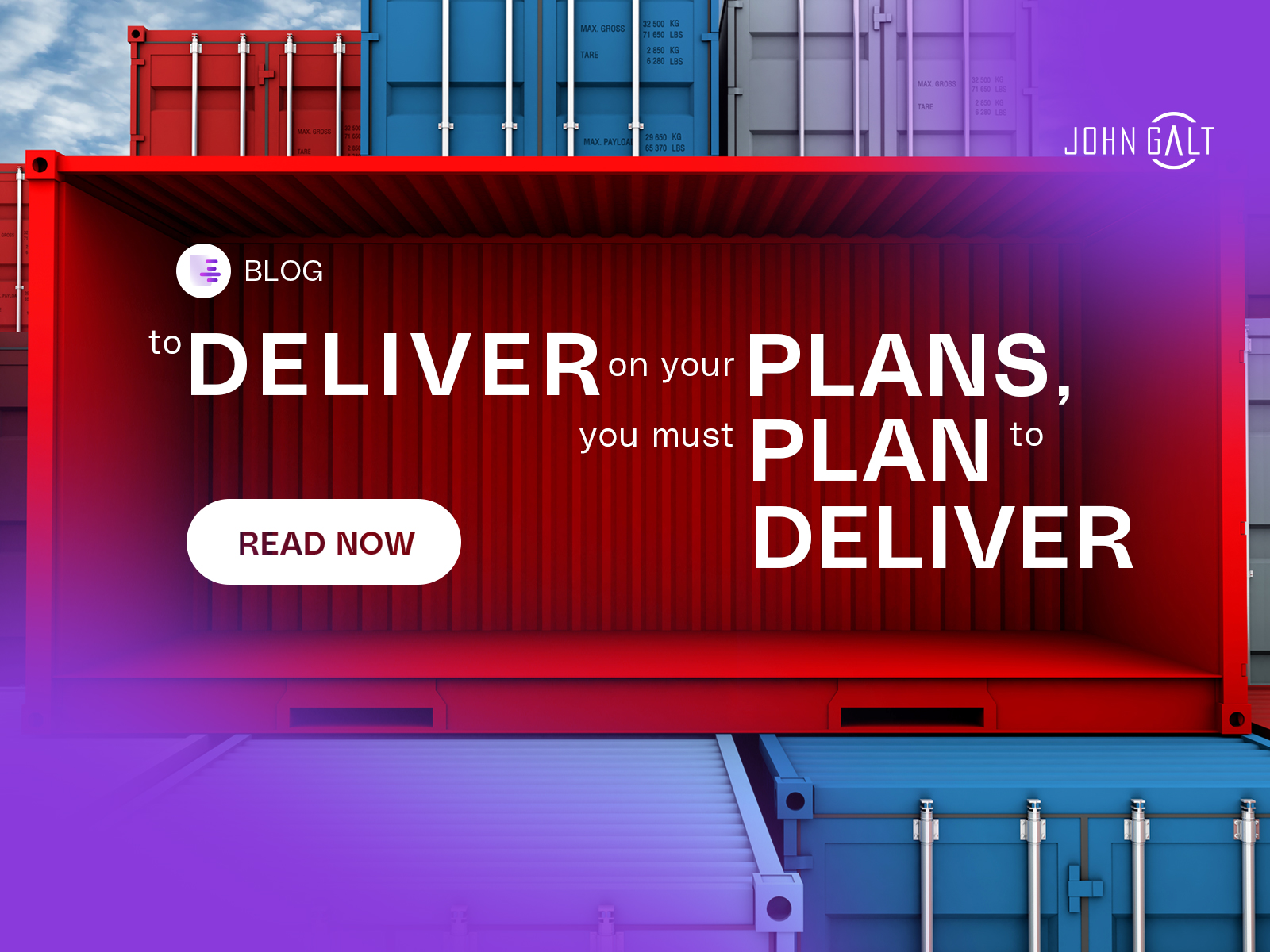It’s a crucial aspect of supply chain planning that literally determines where the rubber meets the road (and the hull hits the water, and the wings meet the air). Depending on how it is executed, this step can lock in a business advantage or generate self-inflicted wounds in the form of excessive costs and poor customer service levels. Reliable and resilient delivery is critical to meet customer demand. Replenishment plans need to tie efficiently to execution while considering various channels, transportation modes, capacity and costs; customer priorities, allocation rules, labor capacities, and more. Orders must now be converted and automated into intelligent shipments. Companies must translate strategic intent into distribution plans that ensure the right products and quantity are available at each location to meet customer preferences and projected demand. We must put the right SKUs in the right warehouses, DCs, retail locations, VMI facilities, and customers’ hands to fulfill every order at the least cost and maximum profit. And those shipments must arrive on time, or there will be hell to pay. Or rather, there will be customers who won’t pay: one recent survey of 2,095 shoppers by McKinsey found that when retail stocks ran out, about 70 percent of consumers simply switched retailers or brands rather than waiting for the item to come back in stock.
Many factors shape the delivery challenge, but right now one of the highest-impact elements is labor—or rather, the lack of it. Chronic human resource gaps ranging from warehouse workers to dock hands to truck drivers have become ubiquitous across global supply chains. These labor woes pack a huge wallop on everything—including even the best-laid replenishment plans.
Atlas Deliver is part of a unified planning platform, Atlas Planning Platform, that empowers companies to manage and automate replenishment and distribution strategies, allocation, inventory plans, and transportation plans end-to-end. Atlas Deliver has many benefits. One of the most important is maximizing available human resources by automating replenishment strategies, optimizing warehouse capacity utilization, and streamlining transportation loads and schedules. This optimized approach ensures that all supply chain management costs are minimized, from fuel cost to fleet maintenance, and helps build resiliency by ensuring that strategic and tactical plans are executed faithfully.
In one example, a natural gas distributor got ahead of its “labor pains” by adopting a unified replenishment/transportation model that automatically makes smart trade-offs based on factors such as the locations of warehousing and delivery sites, vehicle availabilities, and individual load capacities. Most crucially, the system understands the key drivers of drivers: their ongoing availability, remaining-hours-of-service status, travel times between delivery locations and time on-site to execute each delivery. Having implemented the Atlas Planning Platform, the supply chain team can do more than plan the timing and number of deliveries by customer—it can optimize the number of drivers needed based on the number of hours each driver must spend on the road. Onboard vehicle telematics record actual drive times and feed that data back into the system, then planners fine-tune upcoming schedules and routing decisions. This marriage of replenishment and order plans to distribution and transportation planning has significantly reduced the number of shipments needed to achieve desired customer service levels. Even better, driver productivity has increased to the point that driver hours can be treated as a reserve labor pool and reallocated as needed to meet delivery spikes across regions. While implementing solutions like Atlas Planning Platform is crucial to mitigating the impact of labor shortages, the move can have many far-reaching benefits. Fully integrating purchasing, manufacturing, distribution, and transportation into one consistent planning model creates stronger plans that can survive their ultimate test: contact with the real world.
Continue exploring with Atlas Deliver.


